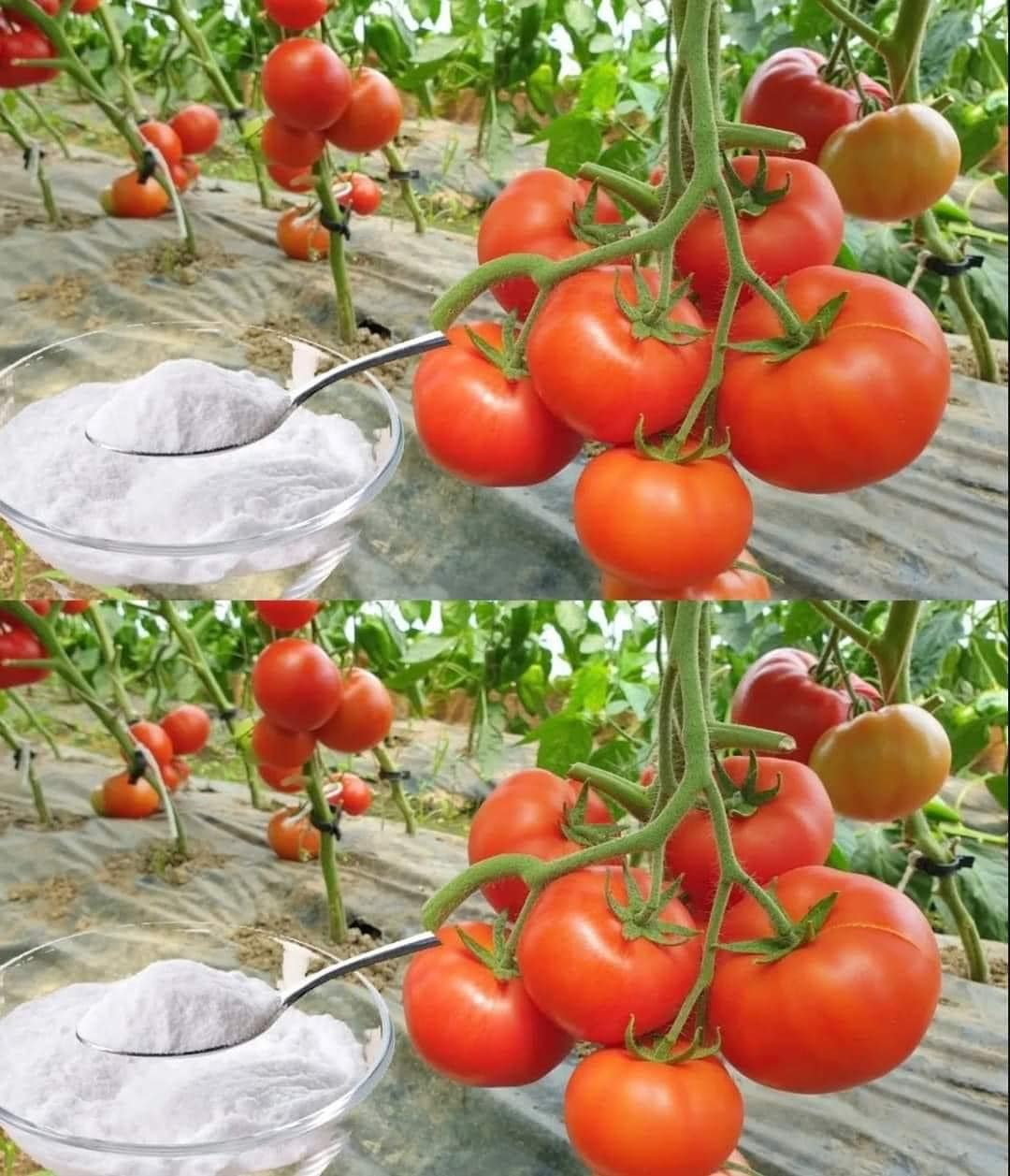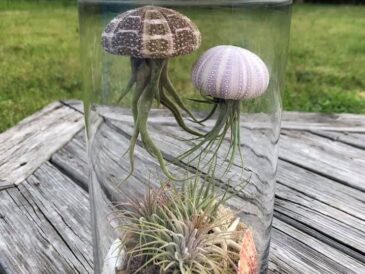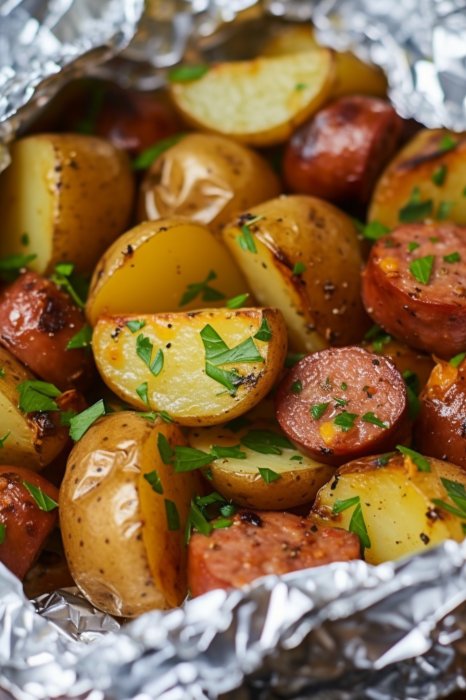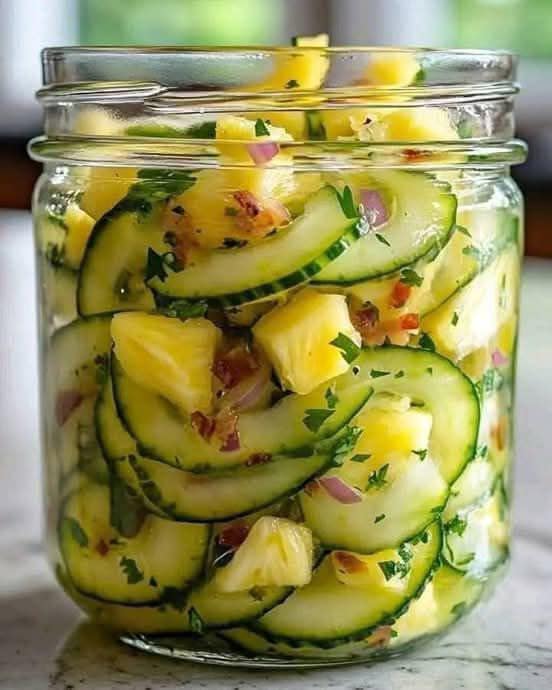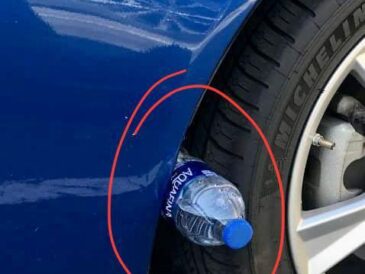Baking soda is one of those humble household products that serves far more purposes than most people realize. While it’s commonly found in the kitchen and bathroom, it also has a myriad of beneficial uses in the garden. Whether you’re looking to enhance your plants’ growth, combat pests, or improve soil health, baking soda can be an essential, eco-friendly tool. Here are 10 clever ways to use baking soda in your garden that will not only help you grow a healthier garden but also reduce your reliance on chemicals.
1. Natural Fungicide
One of the most popular and effective uses of baking soda in the garden is as a natural fungicide. Baking soda has mild antiseptic properties that can help combat fungal diseases like powdery mildew, which is common on plants such as cucumbers, zucchini, and tomatoes. Instead of relying on harsh chemicals, a simple mixture of baking soda, water, and liquid soap can provide a safe and effective solution.
How to use it:
- Mix 1 tablespoon of baking soda with 1 gallon of water and add a few drops of liquid soap to help the solution stick to the plants.
- Pour the mixture into a spray bottle or sprayer, and apply it to the affected areas of your plants.
- Be sure to test it on a small portion of the plant first to ensure there are no adverse reactions.
- Apply every 7 to 14 days, or as needed, especially during humid, wet conditions when fungal growth is more likely.
By using baking soda as a fungicide, you can effectively manage fungal diseases without resorting to toxic chemicals that might harm beneficial insects or the environment.
2. Weed Killer
If you have a problem with weeds overtaking your garden, baking soda can offer a simple and natural solution. Baking soda works as a natural herbicide, helping to kill weeds without affecting the soil or nearby plants. It’s a safe, non-toxic alternative to chemical weed killers that can damage the environment.
How to use it:
- Simply sprinkle baking soda directly onto the leaves of the weeds or in the cracks of walkways and paths where weeds are growing.
- Focus on applying it to the weed itself, avoiding the plants you want to keep. You can use a small sieve or shaker to control the amount you apply.
- Reapply after rain or watering for continued effectiveness.
Baking soda will dry out and kill the weeds by absorbing moisture and disrupting the plant’s ability to maintain hydration. This method is best used in dry conditions when there is no rain forecast, as the baking soda needs to be dry to work effectively.
3. Pest Deterrent
Pests such as aphids, cabbage worms, and other insects can be a significant problem in the garden. Baking soda can act as a natural deterrent for these pests. A mixture of baking soda and flour can be dusted onto your plants to keep them pest-free without the use of toxic chemicals that might harm pollinators or beneficial insects.
How to use it:
- Mix equal parts of baking soda and flour.
- Lightly dust the mixture onto the leaves of the plants, particularly where pests are most active, such as on the undersides of leaves or around the base of the plant.
- Reapply as necessary, especially after rain or watering, to ensure the effectiveness of the mixture.
The fine dust interferes with pests’ ability to feed and breed, creating a barrier that deters them from taking residence on your plants. While it won’t kill the pests outright, it will keep them from causing damage.
4. Soil Amendment
Soil acidity is a common issue for many gardeners, as certain plants may require more alkaline soil to thrive. Baking soda is a great way to neutralize overly acidic soil, providing a better environment for plant growth. If you’re growing plants that prefer slightly alkaline soil, baking soda can help create the right pH balance.
How to use it:
- Test your soil to check if it’s too acidic. If the pH is below 6.0, baking soda can be helpful.
- Sprinkle a small amount of baking soda around the base of the plant, or mix it into the soil to adjust the pH.
- Use about 1 tablespoon of baking soda for every square foot of soil. Be cautious, as too much can cause the soil to become too alkaline.
It’s important to test the pH of your soil regularly to avoid over-correcting, as too much baking soda can cause the soil to become too alkaline, which may be harmful to certain plants. However, when used in moderation, it’s an excellent tool to help adjust the pH for optimal growth.
5. Tomato Sweetener
Tomatoes are a garden favorite, but getting them to taste just right can sometimes be a challenge. One way to improve the flavor of your tomatoes is to use baking soda to decrease soil acidity. Lower acidity levels can result in sweeter, more flavorful tomatoes. This is especially beneficial if you are growing heirloom varieties that are sensitive to soil pH levels.
How to use it:
- Sprinkle baking soda around the base of your tomato plants.
- Make sure to mix it into the soil lightly so that it can begin to neutralize the acidity.
- Apply it when you plant your tomatoes or during the growing season.
Using baking soda in this way helps to create an optimal growing environment for your tomatoes, encouraging them to develop a sweeter taste by balancing the acidity in the soil.
6. Compost Enhancer
Composting is a crucial part of any organic garden, but sometimes the process can take longer than expected. Baking soda can help speed up composting by raising the pH levels and creating a more alkaline environment. This can help break down organic matter more efficiently, speeding up the composting process.
How to use it:
- Add a small amount of baking soda to your compost pile or bin to make it more alkaline.
- Sprinkle a tablespoon of baking soda for every 5 to 6 cubic feet of compost material.
- Turn the compost regularly to help the baking soda mix in with the other materials.
By creating a more favorable pH environment, baking soda encourages microbial activity, which helps decompose organic matter more quickly. This can lead to faster, richer compost that’s ready for use in your garden sooner.
7. Odor Absorber
Compost bins, trash cans, and even garden sheds can sometimes develop unpleasant odors due to decaying organic matter. Baking soda is an excellent odor neutralizer and can be used to absorb unwanted smells in and around your garden.
How to use it:
- Sprinkle a light dusting of baking soda in your compost bin or trash can to neutralize odors.
- For additional odor control, place a small open container of baking soda inside your compost bin or shed to continuously absorb smells.
Baking soda works by absorbing moisture and neutralizing the compounds that cause odors, keeping your garden area smelling fresh and clean. This is a simple, natural solution that doesn’t require harsh chemicals or artificial air fresheners.
8. Tool Cleaner
Garden tools can quickly accumulate dirt, rust, and grime, especially when used frequently. Cleaning your tools regularly not only keeps them in good condition but also ensures they stay safe and efficient to use. Baking soda can help scrub off dirt and rust from tools, restoring their functionality and appearance.
How to use it:
- Make a paste using baking soda and water (about 3 parts baking soda to 1 part water).
- Use a scrub brush or sponge to apply the paste to your gardening tools.
- Scrub the surfaces to remove dirt, rust, or other residue.
- Rinse and dry your tools thoroughly.
This cleaning method is gentle on your tools and doesn’t use harsh chemicals that could wear down the surfaces of your equipment. It’s an eco-friendly way to keep your tools in top shape.
9. Ant Repellent
Ants can be a major nuisance in the garden, especially when they invade plant beds or create mounds around your flowers and vegetables. Baking soda works as a natural repellent to deter ants from taking over your garden. It can also be used to create barriers around plants or ant trails, keeping ants at bay.
How to use it:
- Sprinkle baking soda around plants or along ant trails to prevent ants from approaching.
- Create a line of baking soda around your garden or plant beds to form a barrier that ants won’t cross.
- Reapply after rainfall or watering.
This simple and natural solution is effective for preventing ants from damaging your plants, without using toxic insecticides.
Conclusion
Baking soda is an incredibly versatile and eco-friendly tool for any gardener. Whether you’re dealing with fungal diseases, weeds, pests, or soil acidity, this common household item can provide effective, low-cost solutions. By incorporating baking soda into your gardening routine, you can maintain a healthy, thriving garden while reducing your reliance on harmful chemicals. These clever uses of baking soda prove that sometimes, the simplest solutions are the best. So the next time you find yourself in need of a natural remedy for your garden, reach for the baking soda – it truly is a gardener’s best friend.

